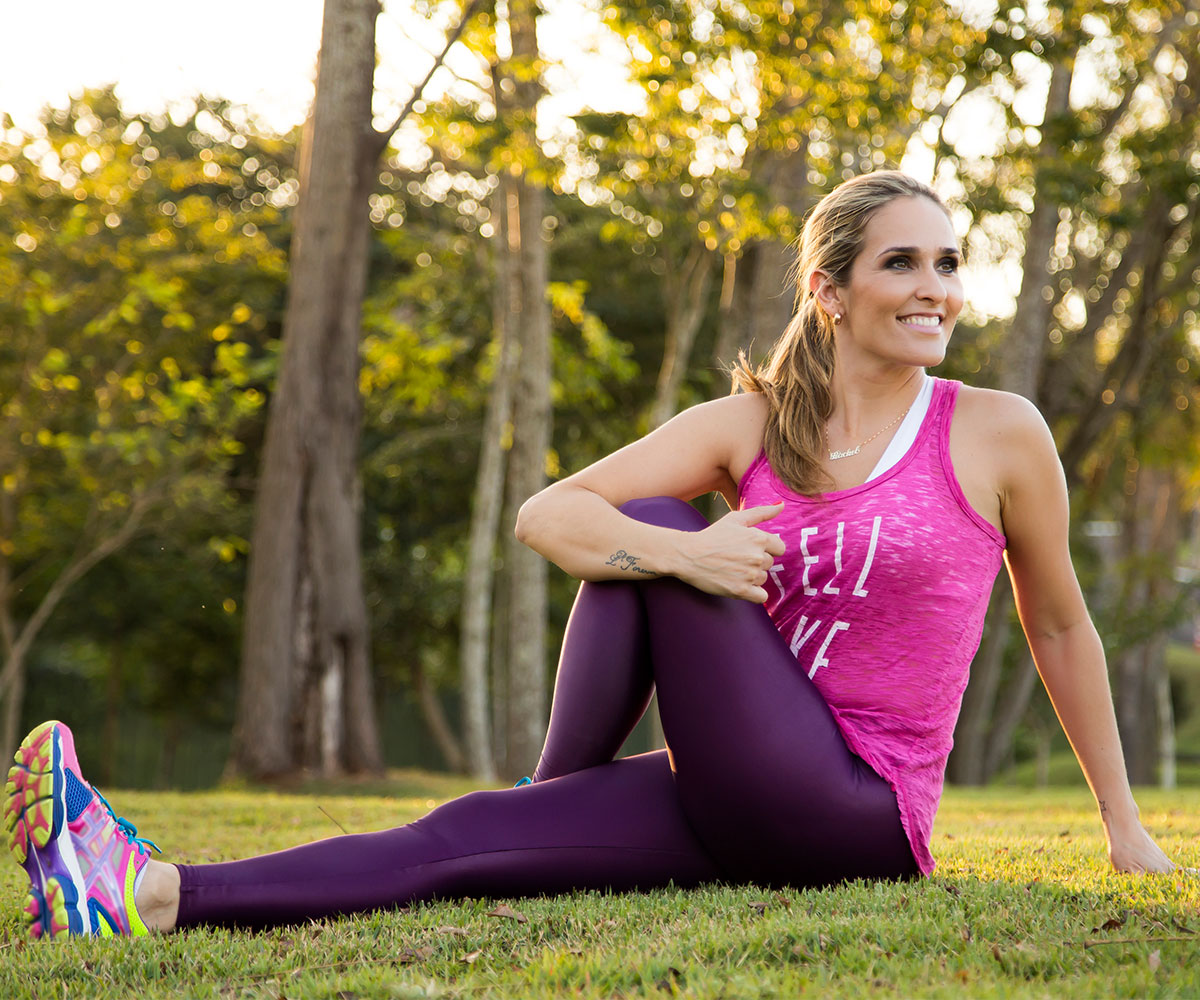Walking is simply one of the best ways to keep you healthy – it makes your blood pressure dip, strengthens your bones, recovers your waistline, raises your spirits and, if you start out right, it can spark a love affair with the simplest fitness regime on the planet.
This is how walking helps your body…
1) Walking is a great energy-booster
Studies have shown that if you’re tired, working out at a rate of about six out of 10 for exertion is the sweet spot that makes you feel alert without sapping your energy reserves and leaving you feeling fatigued. A brisk walk measures about six out of 10 for effort.
2) Walking helps regulate your hormones
Women who walk after menopause can lower their risk of breast cancer – even if they do absolutely no other form of exercise – according to research by the American Cancer Society. Walking for at least an hour a day can cut your risk by 14 per cent, possibly because it regulates levels of hormones that can encourage breast tumours to grow.
3) It feeds your brain
According to Italian research, older people (over the age of 65) who used the most energy walking reduced their risk of developing dementia by 27 per cent. It’s believed that increased blood flow caused by exercise helps to nourish the brain. It’s worth noting that an easy-to-perform activity such as walking provided the same cognitive benefits as other, more demanding activities.
4) Walking can cut your cravings
As well as burning around 300 calories an hour, depending on how much you weigh, a brisk 15-minute walk mid-afternoon reduces the amount of sweet stuff people consume, according to research from the University of Exeter. Researchers believe that snacking on high-calorie foods, such as chocolate, can become a mindless habit that leads to weight gain – but a short walk helped people to regulate their intake by half.
5) Walking helps fight major diseases
Walking is just as effective as running for fighting diabetes (learn the risk factors here), high blood pressure and heart disease, according to US research comparing the two groups. So long as you burn the same number of calories as a runner, you get the same benefits in these three areas. That means you need to walk a little bit longer – or a little bit faster. To increase your pace, try pumping your arms as you move. The faster they move, the faster your legs will go.

6) Walkers are less likely to quit their exercise routine
When scientists compare how often exercisers quit their routines – they found 80 per cent of walkers stick to their programmes, compared with just 30 per cent of runners. Reasons for this include the fact that walking doesn’t hurt so much during or afterwards, and it comes with a lower risk of injury.
7) It’s a natural mood-booster
It’s official – walking actually makes you feel better, whether you’re just shaking yourself out of a bad mood or something more serious. When researchers asked people with depression to walk for 30 minutes three times a week for 16 weeks, they found it had similar mood-boosting effects to the anti-depressant Zoloft. And when researchers followed up their subjects six months later, those who had kept on walking had a far lower risk of relapse: only eight per cent of the exercise group relapsed compared with 38 per cent of those using only medication.
8) Walkers have stronger bones (for life)
Every time your feet hit the ground while you walk, your bones get a jolt that strengthens them. No wonder women who walk at least 1.6km a day have a higher bone density after menopause than those who walk less. But, even after menopause – when the rate of bone loss tends to outstrip the rate at which it grows – walkers get benefits. Researchers at the US Tufts University say walkers have a slower bone loss rate in the legs.
9) You’re nearly always fit enough to walk
If you can walk then you’re fit enough. This isn’t a race. Start with a leisurely 15-minute amble every day or every couple of days and build up from there.
10) It’s great for weight loss
Think you need to lose weight before you start exercising?
This is your chance to do just that, explains fitness expert Joanna Hall. “Walking is potentially one of the most effective forms of exercise,” says Joanna. “In as little as two weeks, I’ve seen women walk off inches from their hips, thighs and tums. Get your technique right and you will see a huge difference in your body shape.”
Short on friends as keen on walking as you? If your powers of persuasion fall short, try joining a walking club in your area, or if they don’t exist, why not start one yourself?
For more health and wellness stories, pick up a copy of the June issue of Good Health Choices today.


